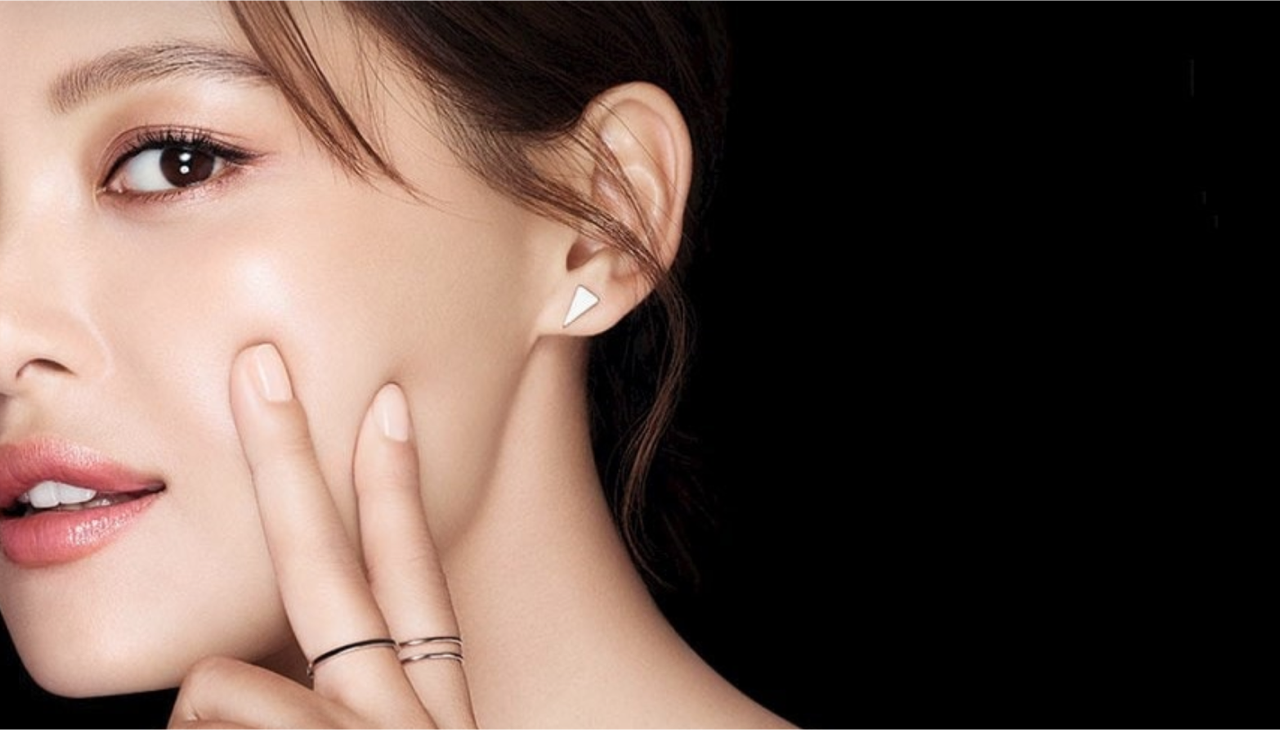The French cosmetic giant L’Oréal announced they will be removing words like “whitening” and “lightening” from all their skin care products. The move comes on the heels of a backlash that a number of beauty brands received for their skin lightening products amidst ongoing protests for racial equality. Another global cosmetic giant, Uniliver, has already announced similar measures, including for its Indian subsidiary, which will now rename its best-selling skin lightening cream to Fair & Lovely. Unilever’s decision comes after Johnson & Johnson announced last week that its brands Neutrogena and Clean & Clear would discontinue skin-whitening creams favored in Asia and the Middle East.
Jing Take#
Skin whitening products are immensely popular in China, where society describes the ideal woman as “白富美” (fair, rich, pretty), and the traditional beauty standard considers fair skin to be beautiful (以白为美). Marketing research shows that whitening products reached a whopping 440 billion RMB sales in 2019. Given this, initiatives to remove some skin whitening products altogether have received mixed reactions on Chinese social media, with critics arguing that they’re being robbed of choice as brands become “too politically correct.” However, in the past few years, as Western brands like Fenty, Coty, Mented Cosmetics, and NYX Professional Makeup infiltrated into the Chinese market, the concept of “inclusive makeup” is becoming more welcomed by local consumers. These brands advocate the idea that there are various standards of beauty instead of simply having idealized fair skin. Removing words like “fairness” and “whitening” mark a small step forward in a much larger project of chipping away at long-held issues perpetuated by traditional beauty standards in China. The question remains: how many other global beauty brands will follow L’Oréal's lead?
The Jing Take reports on a piece of the leading news and presents our editorial team’s analysis of the key implications for the luxury industry. In the recurring column, we analyze everything from product drops and mergers to heated debate sprouting on Chinese social media.
